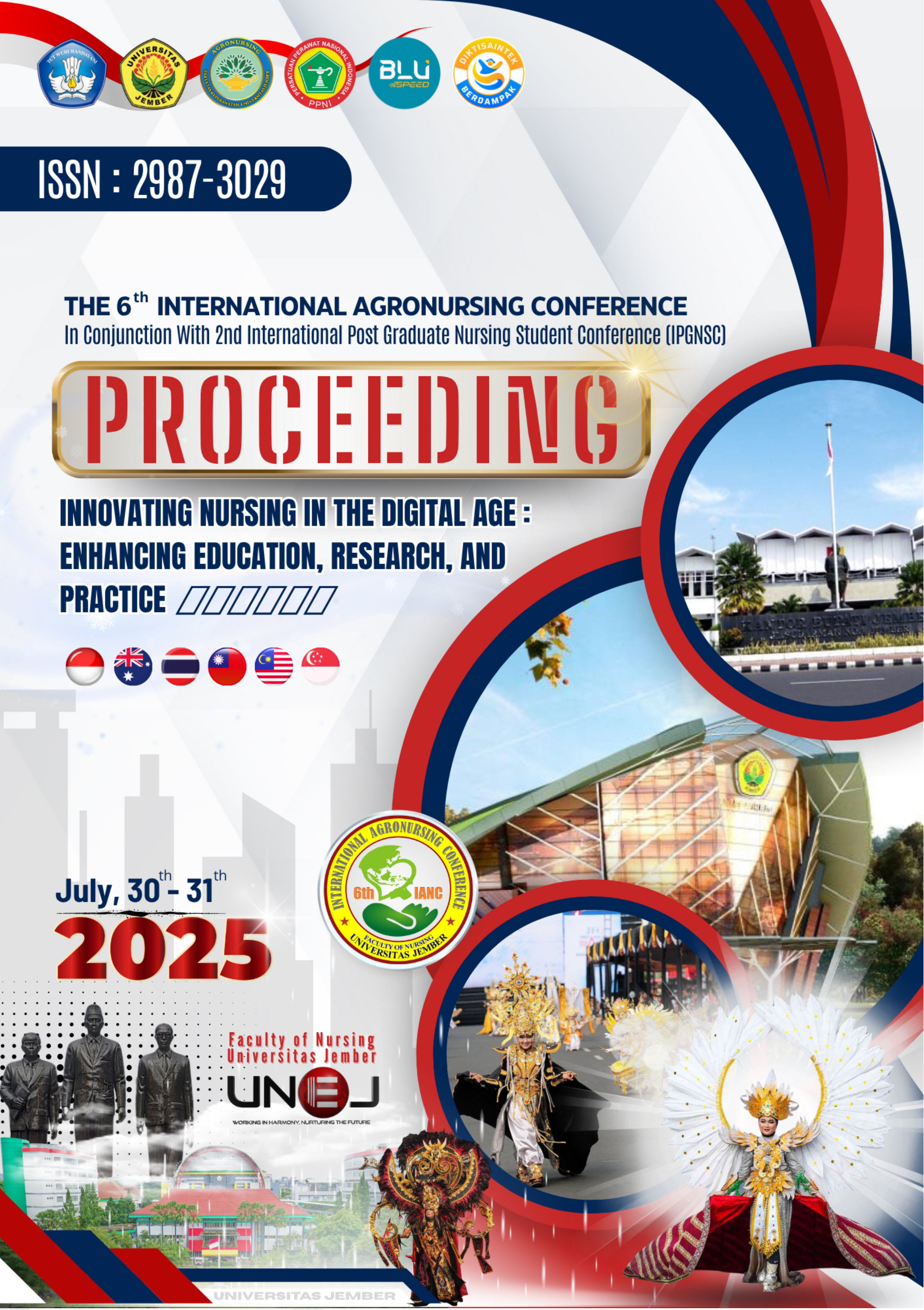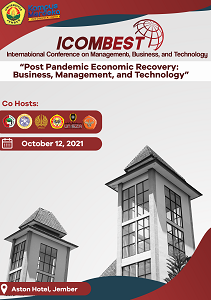LEADERSHIP AND INTERPROFESSIONAL COLLABORATION IN PATIENT-CENTERED HOSPITAL CARE: A SCOPING REVIEW
Abstract
Background: Interprofessional collaboration (IPC) within healthcare organizations, particularly hospitals, is increasingly recognized as a key driver for improving service quality and patient outcomes. The implementation of patient-centered care (PCC) as a core paradigm in modern healthcare systems emphasizes the urgency of effective collaboration among various healthcare professions. Leadership plays a central role in creating a collaborative work environment and facilitating the formation of synergistic interdisciplinary teams. This study aims to explore how leadership influences IPC in hospitals operating under PCC principles, focusing on the leadership styles used, systemic barriers faced, and effective strategies to support collaboration, Methods: A comprehensive search was conducted in ProQuest, ScienceDirect, PubMed, and other sources to identify relevant studies published between January 2020 and December 2025. Of the 893 articles initially identified, 260 were screened for full-text review after applying inclusion and exclusion criteria. Critical appraisal using the Joanna Briggs Institute (JBI) framework identified 20 articles for final analysis. This review explicitly addresses leadership in the context of healthcare services, IPC, and PCC, Results: A thematic analysis of the selected literature identified three main themes in the implementation of IPC. First, the dominant leadership style indicates that transformational leadership is positively related to improvements in IPC and service quality, while other leadership styles such as servant leadership, collaborative, authentic, and empowerment are effective in creating psychological safety and team cohesion. Second, barriers to IPC implementation include hierarchical organizational structures, limited interprofessional communication, lack of a shared vision, and systemic fragmentation that hinder IPC execution. Third, effective leadership strategies include structured leadership development programs, interactive communication training, mentoring, and support for informal leadership roles within clinical teams, all contributing to successful interprofessional collaboration, Conclusions: Leadership plays a crucial role in facilitating interprofessional collaboration in patient-centered care hospitals. Transformational and adaptive leadership styles have proven most effective when supported by organizational infrastructure and inclusive team culture. Future research is recommended to explore leadership dynamics and IPC in specific national contexts, as well as assess the impact of digital technologies on collaborative leadership practices.








